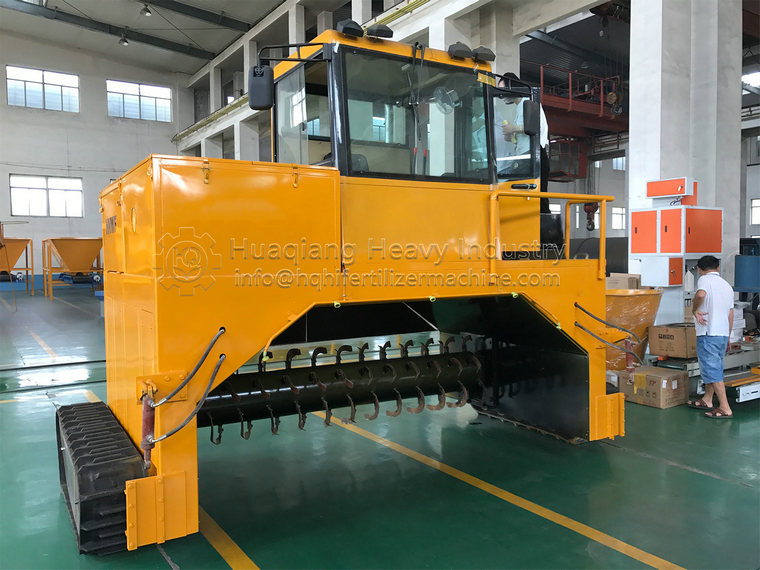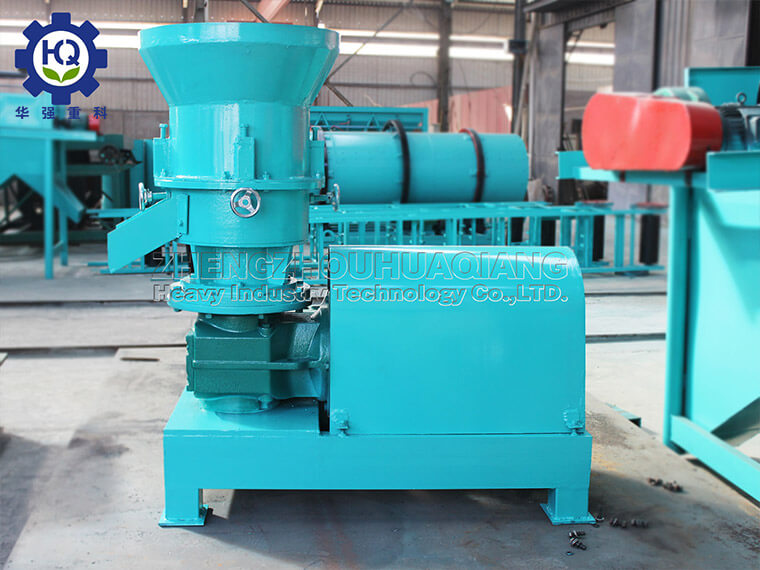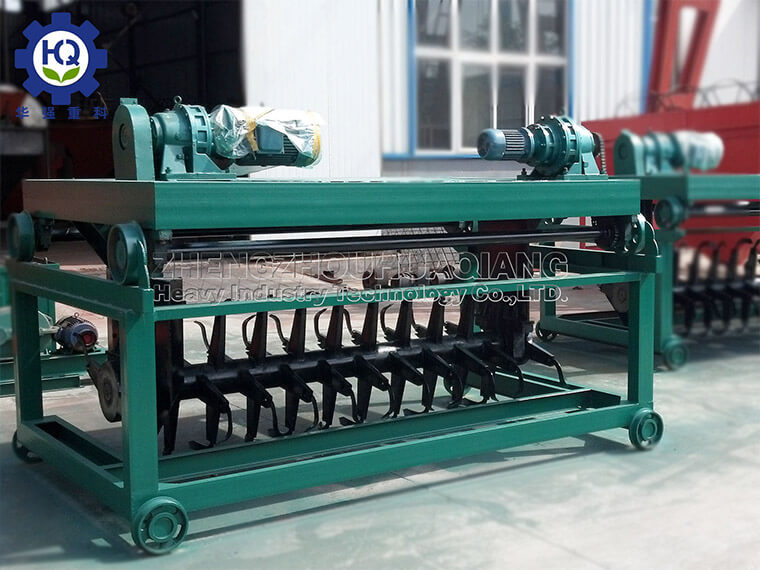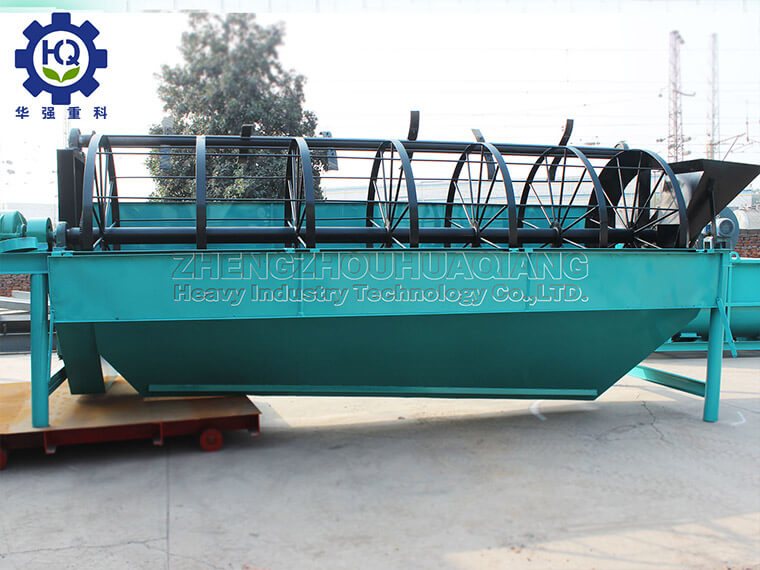Equipment required for processing fertilizers on the entire bio organic fertilizer production line
A complete bio organic fertilizer production line covers multiple stages from raw material processing to finished product packaging, involving a wide variety of equipment types, which may vary depending on production capacity, raw material characteristics, and the requirements of the final product. The following is a list of equipment required for a typical bio organic fertilizer production line and a brief introduction to its functions:.jpg)
1. Raw material collection and pretreatment equipment
Forklift/grab: Used for collecting and transporting organic raw materials such as poultry manure, agricultural waste, etc.
Crusher: Grind large solid raw materials (such as straw and sawdust) into smaller sizes for subsequent mixing and fermentation.
2. Fermentation and maturation equipment
Composting and turning machine: promotes oxygen circulation, accelerates microbial activity, and accelerates the degradation and maturation of raw materials.
Fermentation tank/tunnel: provides a controlled temperature and humidity environment, supporting efficient anaerobic or aerobic fermentation processes.
3. Dehydration and drying equipment
Dehydration machine: removes excess moisture from raw materials, which is beneficial for the smooth progress of subsequent processes.
Drying machine: further reducing the moisture content of the material, facilitating storage and granulation.
4. Mixing and proportioning equipment
Blender: Mix organic materials evenly with added additives and bacterial strains to ensure consistency in nutritional content.
5. Granulation equipment
Roll squeezing granulator: suitable for dry granulation, producing compact granular fertilizers.
Disc granulator: suitable for wet granulation and for raw materials with high moisture content.
Drum granulator: forms three-dimensional particles by rolling materials, suitable for various types of raw materials.
6. Forming and cooling equipment
Particle cooling machine: reduces the temperature of newly produced hot particles and enhances their physical properties.
Organic fertilizer screening machine: Ensure uniform particle size and remove non-conforming products.
7. Packaging equipment
Automatic weighing and packaging machine: Accurately measure and package finished fertilizers according to the predetermined weight.
8. Auxiliary facilities
Conveyor belt: connects various processing units to achieve orderly flow of materials.
Deodorization equipment: deals with odor gases that may be generated during the production process to protect the environment.
In addition, according to different production needs, the production line may also be equipped with auxiliary facilities such as material storage warehouses, automatic batching systems, and control systems to ensure efficient coordination of the entire process.
It is worth noting that the specific configuration should be comprehensively considered based on factors such as production scale, types of raw materials, and market positioning to design and customize the most suitable bio organic fertilizer production line plan for oneself.


.jpg)





